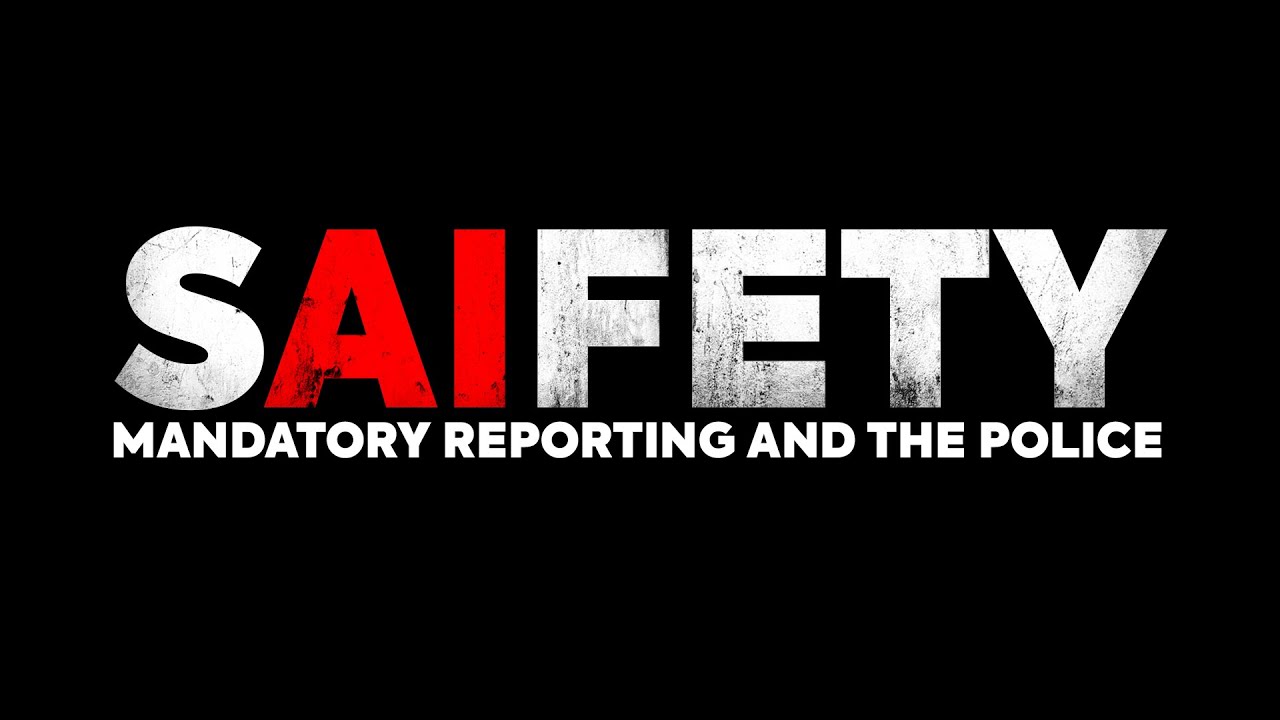The video warns against granting AI therapists the authority to report users to law enforcement, arguing that such measures are dangerous overreaches that could lead to invasive and oppressive policies, and emphasizes that the real issue lies in preventing AI from being marketed as licensed therapists in the first place. It also highlights how emotional reactions to tragedies can drive misguided AI regulations, advocating for nuanced, balanced policy discussions that protect user privacy and safety without expanding AI powers irresponsibly.
The video discusses a new ethical concern in artificial intelligence called “Trojan horse ethics,” focusing on how humans respond to AI rather than the AI’s actions themselves. The creator expresses strong opinions about AI, particularly criticizing the rise of AI therapy or emotional counseling programs that claim to be licensed therapists. These AI therapists can provide seemingly empathetic responses but lack the qualifications and ethical responsibilities of real human therapists. The video highlights a New York Times article about a young woman named Sophie who confided in an AI therapist before tragically taking her own life. The article raises the question of whether AI therapists should have mandatory reporting capabilities to alert authorities in such situations.
The video creator acknowledges the serious issues with AI therapy, including dangerous responses from language models, but argues that giving AI the power to report users to law enforcement is a dangerous and misguided idea. Mandatory reporting is a legal obligation for human therapists to prevent harm, but extending this to AI would mean AI programs could initiate police interventions, which the creator finds absurd and harmful. Instead, the focus should be on preventing AI from being marketed or used as therapists in the first place. The video stresses the importance of nuanced discussion around AI policy, especially during these formative years, to avoid overreaching regulations driven by emotional reactions rather than practical solutions.
The creator also critiques the New York Times article for potentially framing the tragedy in a way that could lead to oppressive policy decisions. They emphasize that the real issue might lie with the human therapist Sophie was seeing, who she chose not to fully open up to, rather than the AI itself. The video warns against using such tragedies as justification for expanding AI powers irresponsibly. It draws a parallel to a hypothetical scenario where Google searches could trigger police wellness checks, illustrating how dangerous and invasive such policies could become if implemented.
To further illustrate the concept of Trojan horse ethics, the video discusses a separate example involving Roblox, a gaming platform under scrutiny for inadequate moderation. Roblox suspended a YouTuber who was exposing predators on the platform, leading to lawsuits and political pressure. The creator explains how this situation is being used by politicians to push for broader age verification laws, which could lead to extensive online tracking and surveillance. This example shows how well-intentioned concerns about safety can be exploited to justify invasive policies that go beyond the original problem.
In conclusion, the video argues that AI therapists should not be given the authority to report users or involve law enforcement, as this would be a harmful overreach. The creator calls for careful, nuanced AI policy development that avoids knee-jerk reactions and respects user privacy and safety. They caution against allowing emotional tragedies to drive policy decisions that could lead to oppressive enforcement systems. The video ends by encouraging viewers to question everything and stay informed, highlighting the importance of balanced perspectives in the evolving AI landscape.
